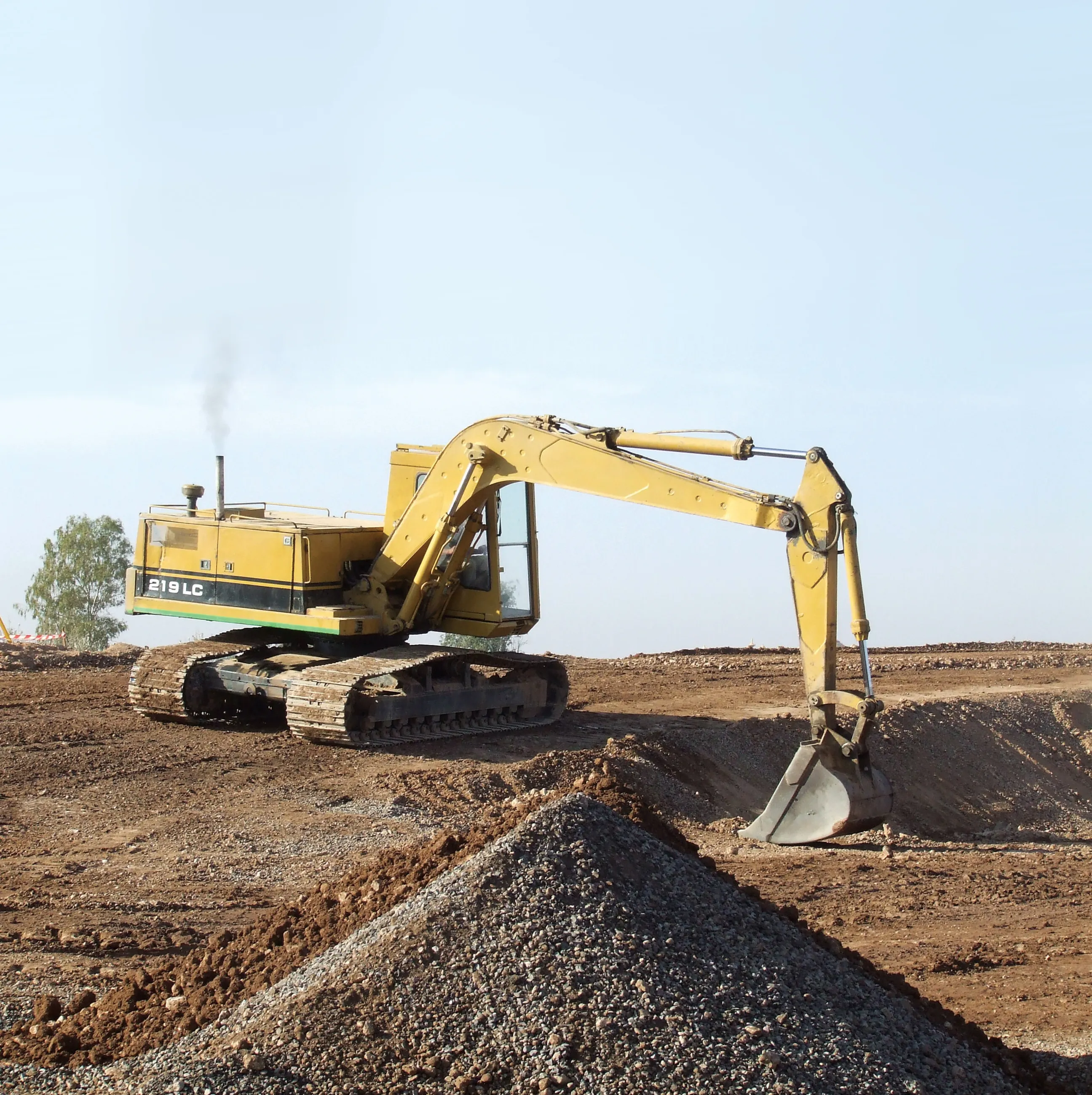
This is in line with Komatsu’s long-term goal of achieving carbon neutrality by 2050. Komatsu is commencing this switch at its Komatsu Germany, Construction Division (KGC) plant in Hannover, Germany, and at the Komatsu UK plant in Birtley, England, with other Komatsu Europe plants to follow.
HVO is produced from renewable raw material such as cooking oil and animal fats wastes. It is a simple drop-in replacement for fossil diesel, but with high cetane, no oxygen and no aromatics. It can lower the amount of greenhouse gas emitted by Komatsu equipment by up to 90%, if the machine is fuelled with Neste MY Renewable Diesel (= HVO 100) from Neste, one of Komatsu’s main suppliers of HVO.
"HVO not only grants lower emissions during operation by superior chemical composition. said Ingo Büscher, managing director of KGC. “Komatsu’s HVO first fill product (Neste MY Renewable Diesel) is mainly made of waste material limiting consumption renewable resources such as vegetable oils." He added: "We are committed to support our customers in achieving their long-term sustainability goals as a one team approach. We believe that HVO is an effective and economical option to both reduce emissions and save limited resources.”
Komatsu’s switch to HVO factory-fill fuel is just one of the many steps that the company is taking towards sustainability, along with the research and development of new technologies and solutions such as electric and hydrogen-powered machines, to reduce its reliance on fossil fuels and achieve its zero-emission goal.






